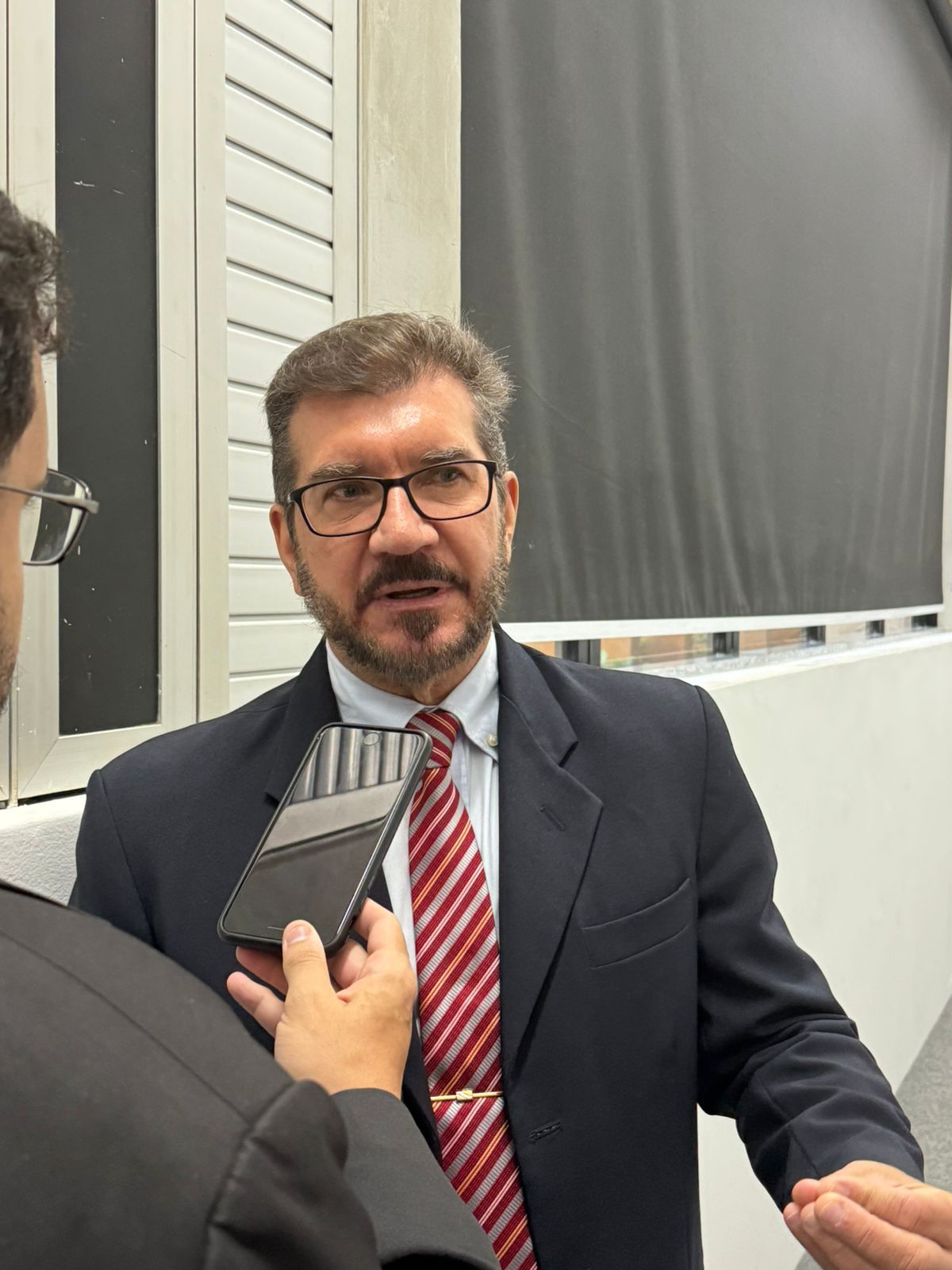In Mato Grosso do Sul, 70% of teachers in the state education network are called in and earn 51.14% less than the amount paid to permanent professionals. According to the national survey carried out by the non-governmental organization Todos pela Educação, the percentage is the 6th highest in the country and compromises the quality of education in the public school system.
As temporary workers earn less in the last ten years, between 2013 and 2023, the state administration began to opt for hiring teachers without a competitive exam. The number of temporary employees grew by 13% in the period, while the number of public servants fell by 10%.
See more:
Salary adjustment for temporary teachers varies from 0.55% to 10.6%, according to decree
Teachers protest against discrimination against recruits, who receive 47% less in MS
With an increase of 33%, 74 cities do not meet the minimum threshold and can increase teacher salaries by up to 100%
Mato Grosso do Sul paid the same amount to public servants and temporary teachers until July 2019. That month, then-governor Reinaldo Azambuja (PSDB) reduced the salaries of temporary teachers, who started receiving almost half of the amount paid to public servants.
According to Todos pela Educação, Mato Grosso o Sul pays R$25.60 per hour to temporary teachers, while permanent teachers receive R$52.40. In other words, temporary workers receive R$26.80 less per hour of work and this is the biggest difference between all 27 federation units in Brazil.
“Another point of attention refers to the low appreciation and professionalization of contracted teachers. In 15 education networks analyzed, temporary teachers receive lower pay than permanent teachers at the beginning of their careers. This difference may even be one of the reasons related to the increase in the number of temporary teachers, which may be less costly for the state, as these teachers are not part of their career and, when they retire, they do not enter into the state pension. Furthermore, in some networks, it is common for temporary teachers to not have the same labor rights and benefits as permanent teachers,” the study pointed out.
The general secretary of the CNTE (National Confederation of Education Workers), Fátima Silva, agrees with the analysis. She explains that state governments have found a way to circumvent spending on education and end up taking away rights and making public education precarious. In her assessment, the State has the money, thanks to Fundeb and the minimum investment of 25% in education, to hire all teachers via competition, as occurs in five Brazilian states, which have more than 90% of permanent professionals – Amazonas, Bahia , Pará, Rio Grande do Norte and Rio de Janeiro.
Fátima highlights that the entity recognizes that the career plan and salary paid to permanent teachers by the Government of Mato Grosso do Sul is one of the best in the country. “We recognize this, but it is for only 30%”, she highlighted, stressing that the adjustment authorized this year may somewhat minimize the situation of the teacher called up.
In the same line is state deputy Pedro Kemp (PT), who was state secretary of Education. “This situation of 70% of temporary teachers with reduced salaries in more than half of permanent teachers in the state network directly reflects on the quality of education, since there is a large turnover of teachers in schools, lack of investment in the qualification of these professionals and breaking ties with schools and students”, he explains.

“The salary difference ends up demotivating contracted teachers, who carry out the same activities as permanent teachers and have the same responsibilities in the education system. Holding a public competition is an urgent need and a legal requirement, as pure vacancies must be filled by public candidates and calls only for staff replacements”, defended the deputy.
“Three aspects can explain the possible negative impacts of temporary teachers on student results: the high teacher turnover – which can harm the bond with the school community and the effective development of students – the selection processes used by education networks, which in the majority of them do not use good selection stages and the working conditions of teachers – which may be worse than those of permanent teachers”, point out the researchers.
The equalization of salaries between permanent and called employees has been one of the main demands of education workers’ unions since 2019.








